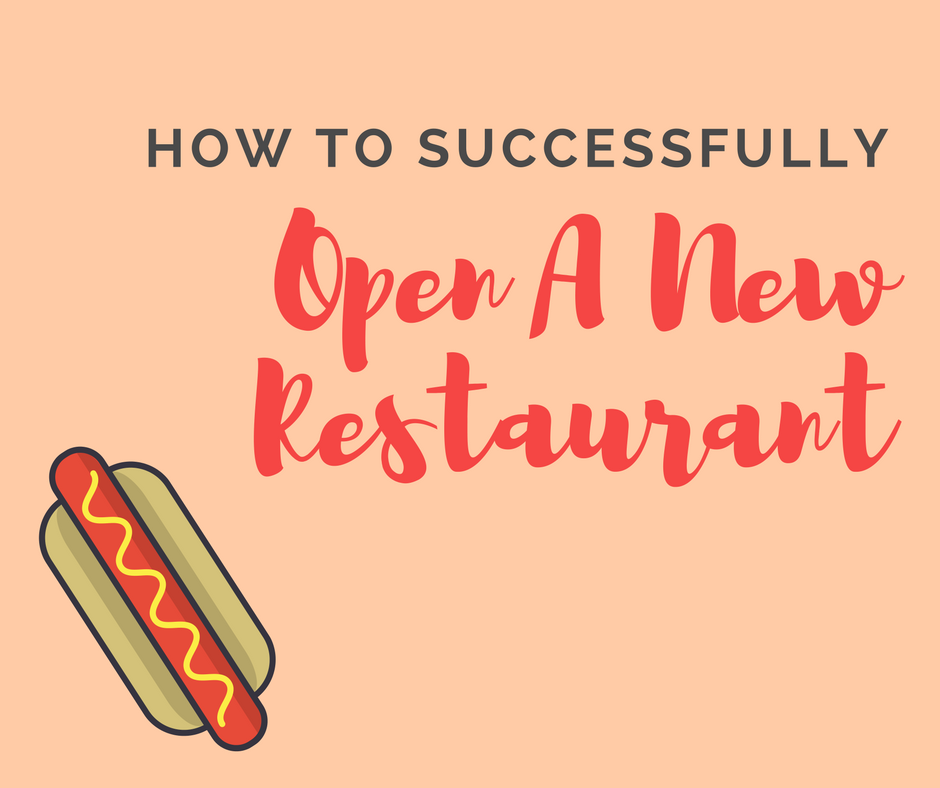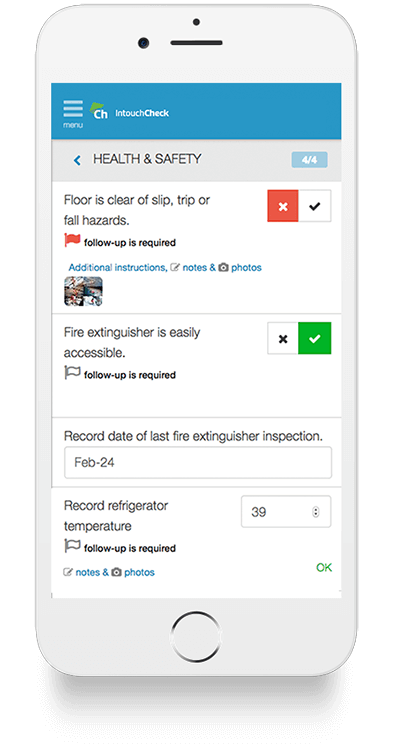Why You Should Revisit Your Mystery Shopping Program
When running a mystery shopping program at your business, sometimes it can feel like all it requires is simply putting a program in place, and then...

Opening a new restaurant, although very exciting, can be equally as challenging. In fact, 60 percent of restaurants fail during their first year. While that can be a result of different factors, there are a few things new restaurant owners and operators can do in order to open a successful restaurant.

In this blog we’ll discuss seven tips that will help make your future or new restaurant a success:
Gain work experience in the restaurant industry first
Before getting too far into the planning process, it's important to figure out whether owning or operating your own restaurant is something you really want to do. There's no better way to learn the ins and outs of the restaurant industry firsthand than working in a restaurant. So, before opening your own, it's valuable to work in a similar type of restaurant that you’d like to open.
Try learning the ropes of as many different FOH and BOH positions as possible - as you never know when you’ll need to jump in at your own restaurant. This is a great way to get paid to learn about restaurants, while acquiring that hands-on experience that will no doubt be helpful in the future.
Take time to choose the right location
Location is one of -if not the - most important components of opening a new restaurant. Naturally, you want your restaurant to be somewhere that will attract your desired customers; but, you should also choose a location that makes it easy for people to wander in even if they hadn’t set out to go there. This is a great way to generate new customers and familiarize people with your brand.
Never make it difficult for people to access your restaurant. Choosing and finding the right location can be laborious, but that’s to be expected. Finding that perfect location in a bustling or growing neighbourhood will be worth the wait.
Ensure you get the proper licenses
Opening a new restaurant can be overwhelming, and there are a lot of things to remember. One thing that should stay at the top of your list is your licenses. Sometimes they can take time, and the last thing you want is your liquor license held up and delaying your open time or impacting your desired customer experience.
Anticipate that these tasks might take longer than expected and be sure to start the process early. To prevent any type of setbacks in your first few weeks, ensure that you have all the necessary licenses to own and operate a restaurant at your location. You can find a list of licenses needed to start a restaurant here.
Perfect your menu
Before setting your menu in stone, test it out on others and ensure that people actually like what you’re serving. While it’s important to create a menu that you’re proud of and love; people need to want to pay for it otherwise you won’t turn a profit.
Test menu items out on friends and family or anyone that will give you honest feedback. This gives you insight into what actual customers value and enjoy when going out to a restaurant.
Remember that the customer is always right
This is an important lesson to learn and fully accept before you open your doors to the public. Even with the best planning and preparation, in a new restaurant (or any new business) mistakes can happen and errors will be made - and that’s okay! It’s how you handle it that affects your customers and their willingness to return.
If someone gets the wrong order, food takes longer than expected, or drinks are made with incorrect ingredients - just accept it and do what you can to amend the situation. Apologize to your customers and offer them something else that they’ll enjoy so that they still leave your restaurant feeling like they had a positive experience. Comped meals, and offering future discounts might seem like a loss in profit but what you’ll gain in loyal and regular customers is well worth it.
Put organizational systems in place
Being a new restaurant, this is the perfect opportunity to do things properly from the get-go and ensure that your standards stay in place. To do this, invest in thorough training and a mobile form software to keep your staff focused on your standards and your processes clear.
Mobile form software allows you to create checklists and audits to keep track of all daily procedures and measure how well those procedures are being followed. For example: verify that opening and closing checklists are completed and track the results over time to identify things like which steps are being missed, what days of the week and by who - all in one place. You can set reminders for when any checklist needs to be completed and send automatic notifications to your FOH or BOH staff so nothing is forgotten. Mobile form software also allows you to react to problems faster with real-time alerts about issues found during a check or audit.
Create an ongoing marketing plan
New restaurants are lucky enough that if hyped up and marketed correctly, people want to try them. Once you've got customers through the door, it's crucial that you give them an exceptional experience on their first visit (and consistently) in order to creating repeat, regular customers.
Once your restaurant has been up and running for a few months, and you’ve started to generate regular customers - don’t just quit your marketing efforts altogether. Ensure that you’re always coming up with different ways to attract customers and promote your menu. This will help keep your restaurant feeling like it’s brand new long after you’ve been open.
Conclusion
A lot of effort goes into opening a new restaurant, but it can be well worth it when executed properly. Start off on the right foot by planning ahead and putting practices in place to ensure that you're able to execute your vision and open a lucrative restaurant.


When running a mystery shopping program at your business, sometimes it can feel like all it requires is simply putting a program in place, and then...

Mystery shopping programs offer restaurant operators and managers a unique opportunity to see their business through a guest’s eyes. This powerful...

Afraid to look at your restaurant’s monthly energy bills?